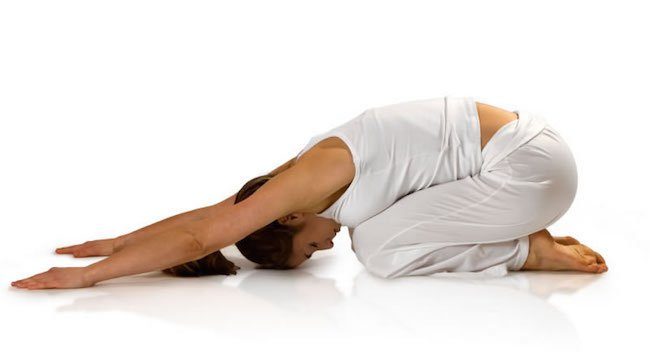
We all know that exercise is good for us and important in the battle to maintain a healthy weight, and the gym has made it easier for us to find time and motivation to do physical activity. However, there can always be too much of a good thing. Sometimes it pays off to take a rest from the gym and your body will thank you for it.
When you are sick
Obviously if you are too sick to get out of bed you are unlikely to make it to the gym, however, it is surprising how many people drag themselves along to their daily session with streaming noses and hacking coughs. Not only is this unpleasant for all those around them, it can also slow the recovery process and make the illness last longer in some situations, although their motivation is admirable.
When you have a fever or flu, your body needs to focus its energies on flighting the virus or infection, and by trying to do a workout in these circumstances saps the body of energy. Fevers also raise the resting heart rate and cause the body to get hotter and more prone to dehydration, which of course are exacerbated by exercise, making you feel even worse.
If you have a less serious illness, such as a cold, it is thought that there is no harm in undertaking moderate exercise, as this does not seem to make the cold worse. However, it is generally unpleasant for the people around you and you do run the risk of infecting other gym members, so it might be wise to take a brisk walk in the fresh air as an alternative.
Extra reading: Can dietary supplements prevent common colds?
When you have an injury
If you have an injury that is causing pain or making it uncomfortable to exercise, it is advisable to see a doctor or physio to determine the cause of the pain and develop a recovery plan. This may mean skipping the gym for some time, or it may mean avoiding certain exercises that aggravate the condition. The good thing about the gym is that there are different types of machines to use, so there may be an option that does not put too much stress on the injured area.
Continuing to exercise despite having an injury is the best way to develop a more serious problem that takes longer to heal, so it is essential to get a professional opinion for the best recovery.
To recover properly
If you have done a particularly intensive workout the day before and are feeling the effects, it may be advisable to have a day off, or at least reduce the intensity of your next workout. Even professional athletes usually have one day of very low intensity training or no training at all to allow their muscles to recover.
Mixing up your workout can also help to promote recovery, especially if you vary the muscles used, giving the others time to revive. It is important to listen to your body and rest when it tells you to, however, working out is likely to cause some light muscle aches especially if you are new to it, so don’t look at slightly sore arms as an excuse to stay home on the couch, simply choose an activity that works your legs more that day.
Extra reading: Post workout recovery – Tips and tricks for fast recovery
If you are pregnant
Some exercise can be beneficial when pregnant; however, you should consult your doctor to find out what types of exercise are the most suitable for you. You may have to reduce the number and intensity of workouts as it is important for your heart rate not to be raised too high during pregnancy and keeping properly hydrated is also essential.
Low intensity activities such as swimming and yoga are generally the most appropriate, but the advice of a health professional should be sought for a more personal assessment taking into account medical history of the individual.
Extra reading: How to lose weight healthily after pregnancy
You are returning to exercise after some time off
If you have been unable to exercise for some time for whatever reason, do not expect to be able to dive back in right where you have left off. If you have had time away from the gym for medical or injury reasons, it is essential to consult with your doctor as to how much and the type of exercise is an appropriate starting point.
If you have no medical conditions remember you will have lost fitness and you don’t want to injure or overdo it by jumping in too fast. Start at a light to moderate intensity and gradually build on both the time, intensity and number of workouts per week as you feel fitter and more capable.
You are losing interest in working out
If you are finding your workout boring and have no motivation to do it then it is time to mix things up a bit. Sometimes if you always go to the same gym with the same machines, you are tempted to always do the same program as it requires less thought and effort. This takes the pleasure out of working out, but is also an inefficient way to burn calories as your body tends to adapt to this workout routine.
To break this rut, it may be necessary to say goodbye to the gym for a while and look into different forms of exercise to re-motivate you. Try running outside, particularly if the weather is good, or join a sports club and get involved in a team sport or a group class, where meeting and training with others can help to increase motivation.
Extra reading: 10 motivational quotes (with images)
Remember, going to the gym and working out is a great way to give you energy, reduce stress and maintain a healthy weight, but there are always situations when it is best to have a day or two off.










